It is a fitting tribute for NAIDOC week, that I should be interviewing Sammi Lillie on ‘Talk The Walk’ this week. In this conversation, Sammi honours the many Aboriginal women that have supported and vouched for her on her journey into social work with First Nations peoples. Having just graduated from her Masters of Social Work, Sammi reflects on her placement experience of co-ordinating the Child Removal campaign at ANTAR Qld (Australians for Native Title and Reconcilitation).  Driven by personal family interests as well as deeply held values and a commitment to self determination, Sami shares the ingredients that have made practising Indigenous policy and advocacy work successful as a non-Indigenous woman. Social work students considering their future placements will find this episode invaluable and current non-indigenous practitioners will discover pearls of wisdom for standing alongside our Indigenous brothers and sisters for recognition and justice.
Driven by personal family interests as well as deeply held values and a commitment to self determination, Sami shares the ingredients that have made practising Indigenous policy and advocacy work successful as a non-Indigenous woman. Social work students considering their future placements will find this episode invaluable and current non-indigenous practitioners will discover pearls of wisdom for standing alongside our Indigenous brothers and sisters for recognition and justice.
In episode 24 of Talk the Walk we explore:
- Why social work students should consider a placement experience in policy and advocacy work
- The current state of affairs in relation to the removal of Aboriginal and Torres Strait Islander children from their families
- The state of child protection legislation in Queensland after adopting the principle of self determination in 2017
- The need for a national inquiry into the over-representation of Aboriginal and Torres Strait Islander children in out of home care
- How you can support the Family Matters initiative to make a difference
- Sammi’s greatest learnings working on Indigenous advocacy campaigns and policy development
- The social work theories that influenced Sammi’s developing practice framework
- Sammi’s concept of a ‘pro-Indigenous theory’ arising out of her interest in the work of Bob Pease on pro-feminism
- Sammi’s personal connection to the Stolen Generations and the other motivating factors that make her so passionate about addressing discrimination
- How Sammi has avoided major struggles in the work by acting with integrity, honesty and ‘cultural courage’
- Knowledge that social workers should have but are just not getting
- Unpacking the values underpinning Sammi’s work and life
- The mentors and rolemodels that continue to inspire Sammi in her work
- Reflections on proud moments, avoiding mistakes easily made, and Sammi’s plans for the future
- Final advice for other social work students considering their placements
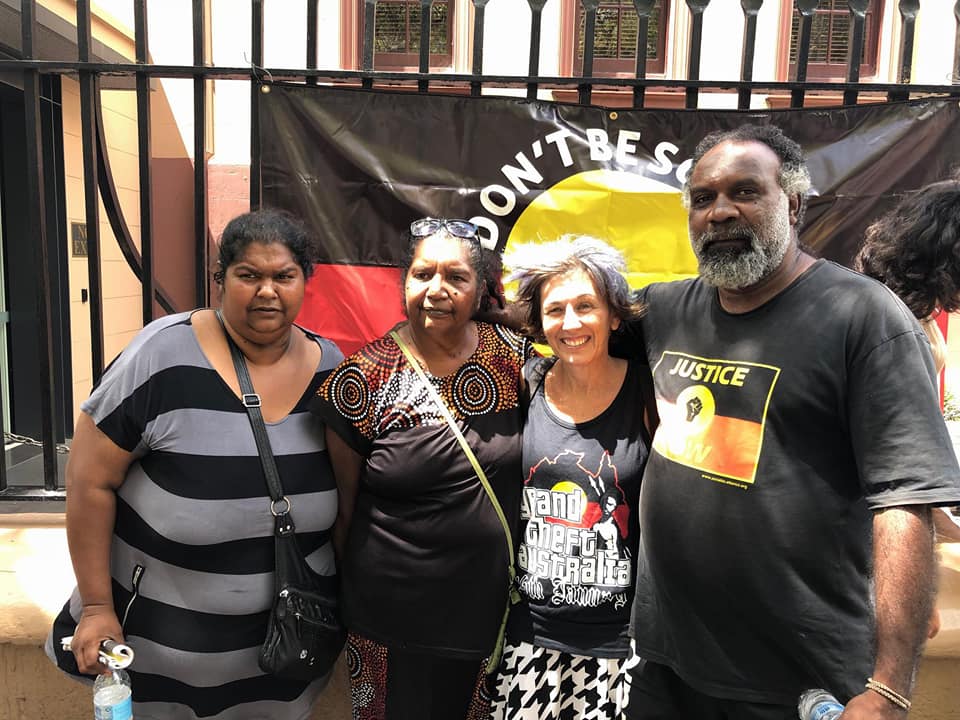
To listen to this episode simply click on the Play button below or listen via the Stitcher App for iOS, Android, Nook and iPad.

You can also subscribe to podcast and blog updates via email from the Menu on the Home Page.
Don’t forget, if you or someone you know would make a great interview on ‘Talk the Walk’, send us an email from the Contact Page.
Things to follow up after the episode
ANTaR National website and Sign Up here for their Newsletter
Like Sammi’s Facebook Page ‘Ally Through Advocacy’
Sammi’s Reading List
Clare Tilbery, ‘The over-representation of indigenous children in the Australian child welfare system’, International Journal of Social Welfare.
Bob Pease, ‘Men as Allies in Preventing Violence against Women: Principles and Practices for Promoting Accountability’.
Bindi Bennett, Sue Green, Stephanie Gilbert, Dawn Bessarab (eds), Our voices : Aboriginal and Torres Strait Islander social work.
Bindi Bennett, Joanna Zubrzycki, J & Violent Bacon, ‘What Do We Know? The Experiences of Social Workers Working Alongside Aboriginal People’.
Christine Fejo-King & Linda Briskman,‘Reversing colonial practices with Indigenous peoples’
Christine Fejo-King, Let’s Talk Kinship.
English, Peter. ‘Land rights and birthrights, (the great Australian hoax) : an examination of the rights of ownership of former Aboriginal land in Australia’.
Aileen Moreton- Robinson, Whitening Race, Aboriginal Studies Press, Australia.
Robyn Lynn, Rosamund Thorpe, Debra Miles, Christine Cutts, Anne Butcher, Linda Ford Murri Way! Aborigines and Torres Strait Islanders reconstruct social welfare practice.
Tom Calma & Emily Priday, ‘Putting Indigenous Human Rights into Social Work Practice’, Australian Social Work.
Elizabeth Fernandez, ‘Child Protection and Vulnerable Families: Trends and Issues in the Australian Context’, Social Sciences.
Contact Sammi at sammililli(at)gmail(dot)com
Podcast: Play in new window | Download
Subscribe: RSS

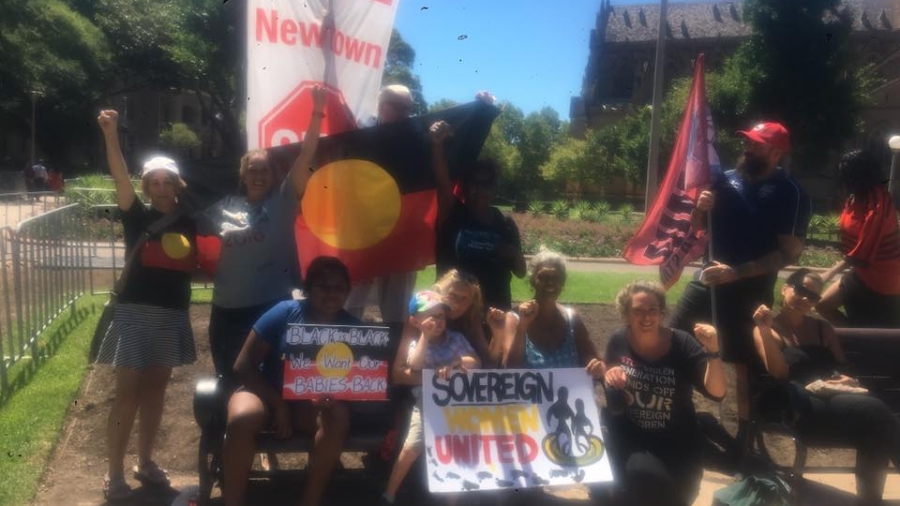
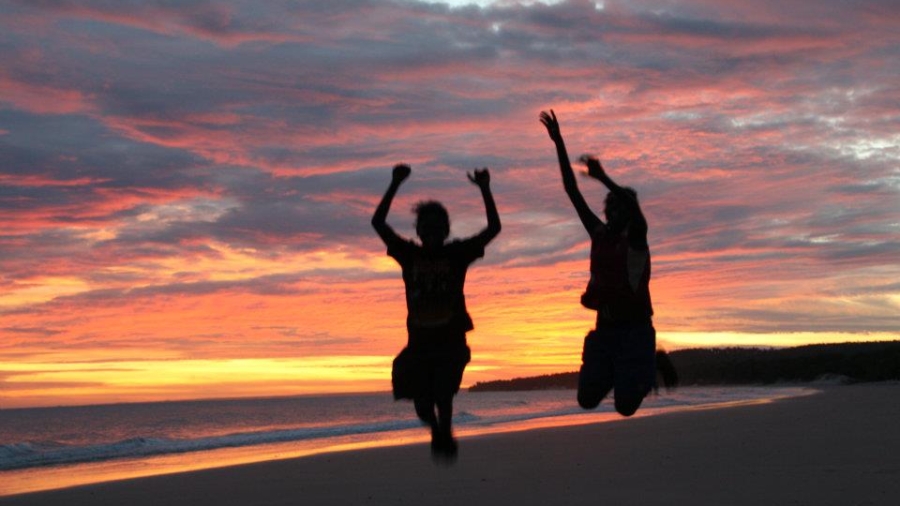
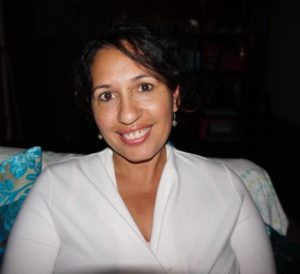 What a delight it was to be speaking with Tileah Drahm-Butler this week on ‘Talk the Walk’, about her journey into narrative therapy and her approach to working with Aboriginal and Torres Strait Islander people. Tileah’s passion for social work and giving Aboriginal people a voice shines through in this conversation. We also gain insight into the woman behind the work and the long list of inspiring women in her family that stand behind her.
What a delight it was to be speaking with Tileah Drahm-Butler this week on ‘Talk the Walk’, about her journey into narrative therapy and her approach to working with Aboriginal and Torres Strait Islander people. Tileah’s passion for social work and giving Aboriginal people a voice shines through in this conversation. We also gain insight into the woman behind the work and the long list of inspiring women in her family that stand behind her.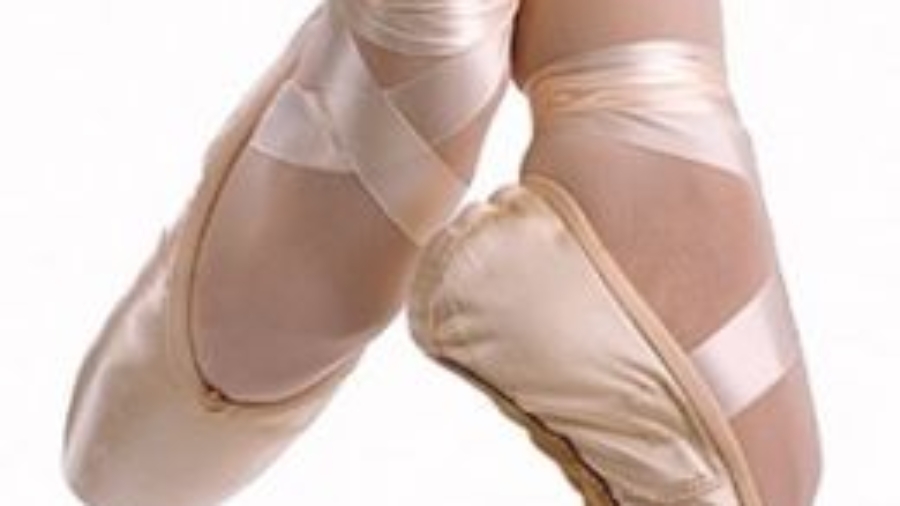
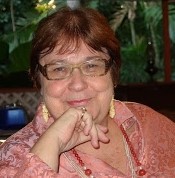 Get your dancing shoes on as we head into Episode 7 of Talk the Walk with Pamela Trotman.
Get your dancing shoes on as we head into Episode 7 of Talk the Walk with Pamela Trotman.